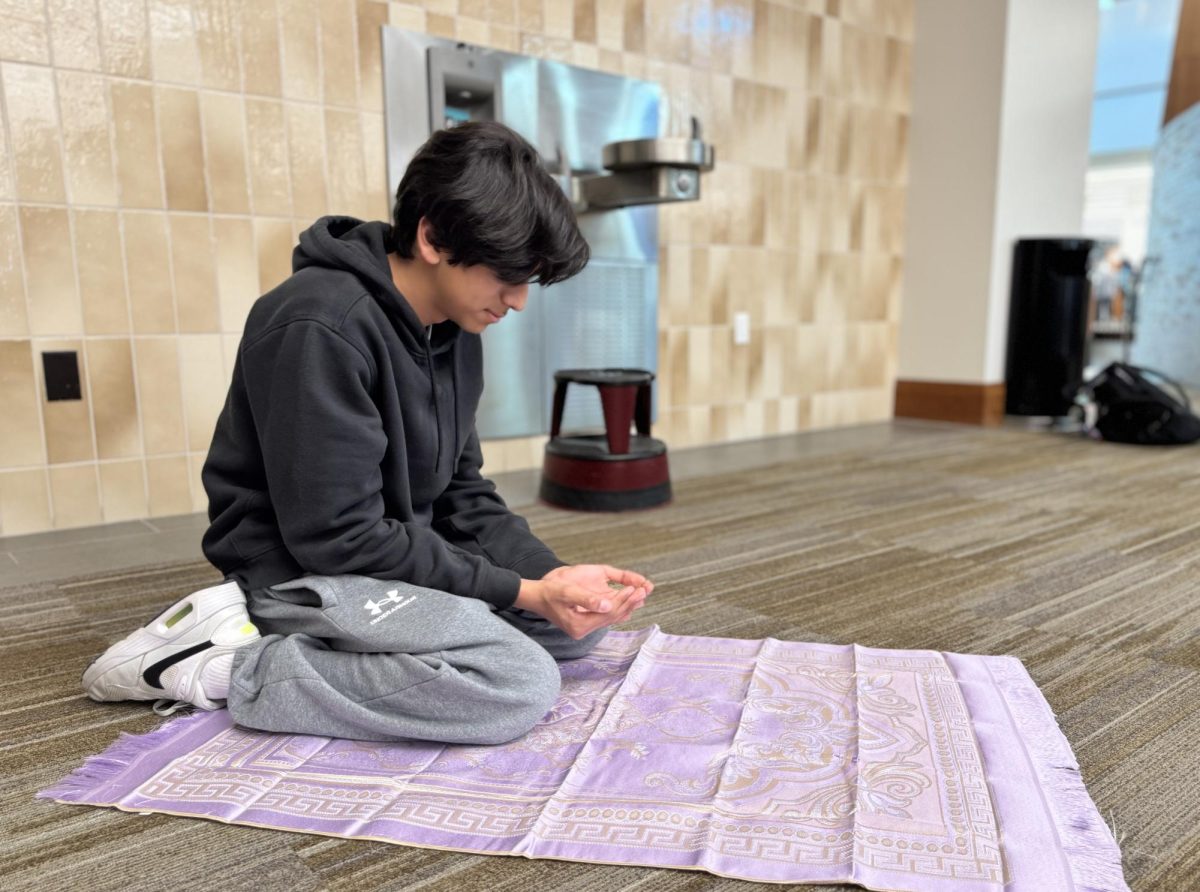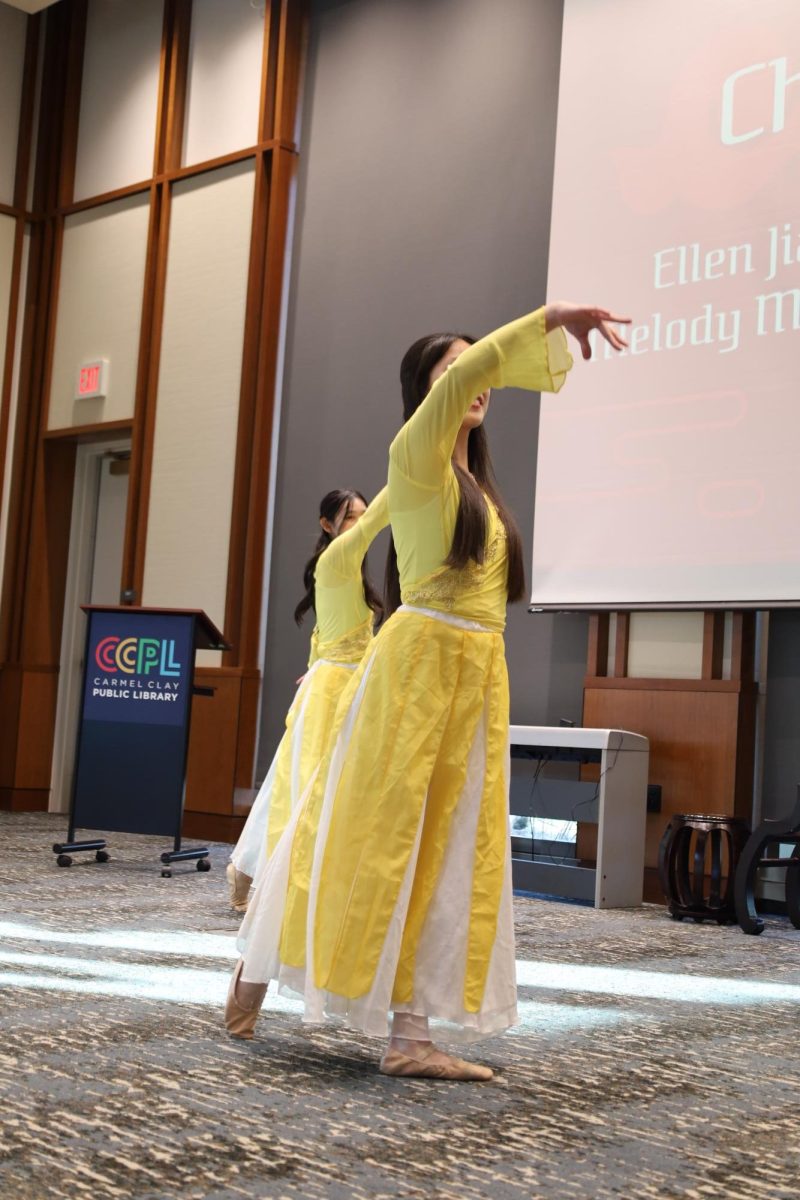The season one finale of “Andor” came out today on Disney+. After the disappointment of “The Book of Boba Fett” and “Obi-Wan Kenobi,” “Andor” has easily become my favorite “Star Wars” show. Not only does the show expand the “Star Wars” universe, offering a more nuanced look on the creation of the Rebel Alliance against the Empire, but it’s just good TV.
Though critics called the show “slow,” “Andor” is anything but. There are no filler episodes; every episode left me waiting for more. The acting is phenomenal, the dialogue is realistic and the writing feels grounded.
“Andor” has something for everyone, but my favorite part is how the show highlights aspects of oppression. “Star Wars,” a franchise created by George Lucas to critique American imperialism during the Cold War, has always been anti-fascist. However, “Andor” takes this to another level by showing how terrifying the tyranny of the Empire is.
Though I could rant for hours about the references in the show, I wanted to focus on one recurring theme: climbing. Throughout the show, characters are climbing out of oppression, to the idea of freedom. During the Aldhani Heist arc, Nemik’s dying words of “Climb!” encourages the team to fly out of the Empire’s grasp. During the escape from the Narkina 5 prison, the prisoners literally climb to freedom. Kino Loy, played by Andy Serkis, calls for all the prisoners to “Stop the work, get out of your cells, take charge, and start climbing.” Climbing is repeatedly used in “Andor” to underscore the rise of the Rebellion. And not only is climbing a way to escape the fictional oppression of the Empire, but a genuine call to action with roots in history.
The National Association of Colored Women (NACW) is the first and oldest national Black organization in the U.S., formed by Black women. The NACW’s founding principle was “Lifting as we Climb.” The NACW believed that in educating and elevating women to be leaders, Black women would elevate the status of their entire community.
The ideals of “Lifting as we Climb” are echoed in “Andor.” As Loy leads the Narkina 5 prisoners to freedom, he tells them to help each other, saying “You see someone who is confused, someone who is lost, you get them moving, and you keep them moving until we put this place behind us.”
Ultimately, though “Andor” is set in a galaxy far, far away, it is deeply set in history. The show addresses imperialism in all its facets, including resource exploitation, the destruction of indigenous cultures, racial profiling, the prison-industrial complex, white feminism and more.
If you don’t have Disney+, there’s still an opportunity to watch “Andor.” The studio announced that the first two episodes of the show will air across Disney’s cable networks and other streaming services this Thanksgiving weekend. You can find the dates and times to watch “Andor” here. Thanks for reading MUSE!
On this blog, members of the Carmel High School chapter of the Quill and Scroll International Honorary Society for High School Journalists (and the occasional guest writer) produce curations of all facets of popular culture, from TV shows to music to novels to technology. We hope our readers always leave with something new to muse over. Click here to read more from MUSE.































![AI in films like "The Brutalist" is convenient, but shouldn’t take priority [opinion]](https://hilite.org/wp-content/uploads/2025/02/catherine-cover-1200x471.jpg)













































![Review: “The Immortal Soul Salvage Yard:” A criminally underrated poetry collection [MUSE]](https://hilite.org/wp-content/uploads/2025/03/71cju6TvqmL._AC_UF10001000_QL80_.jpg)
![Review: "Dog Man" is Unapologetically Chaotic [MUSE]](https://hilite.org/wp-content/uploads/2025/03/dogman-1200x700.jpg)
![Review: "Ne Zha 2": The WeChat family reunion I didn’t know I needed [MUSE]](https://hilite.org/wp-content/uploads/2025/03/unnamed-4.png)
![Review in Print: Maripaz Villar brings a delightfully unique style to the world of WEBTOON [MUSE]](https://hilite.org/wp-content/uploads/2023/12/maripazcover-1200x960.jpg)
![Review: “The Sword of Kaigen” is a masterpiece [MUSE]](https://hilite.org/wp-content/uploads/2023/11/Screenshot-2023-11-26-201051.png)
![Review: Gateron Oil Kings, great linear switches, okay price [MUSE]](https://hilite.org/wp-content/uploads/2023/11/Screenshot-2023-11-26-200553.png)
![Review: “A Haunting in Venice” is a significant improvement from other Agatha Christie adaptations [MUSE]](https://hilite.org/wp-content/uploads/2023/11/e7ee2938a6d422669771bce6d8088521.jpg)
![Review: A Thanksgiving story from elementary school, still just as interesting [MUSE]](https://hilite.org/wp-content/uploads/2023/11/Screenshot-2023-11-26-195514-987x1200.png)
![Review: "When I Fly Towards You", cute, uplifting youth drama [MUSE]](https://hilite.org/wp-content/uploads/2023/09/When-I-Fly-Towards-You-Chinese-drama.png)
![Postcards from Muse: Hawaii Travel Diary [MUSE]](https://hilite.org/wp-content/uploads/2023/09/My-project-1-1200x1200.jpg)
![Review: "Ladybug & Cat Noir: The Movie," departure from original show [MUSE]](https://hilite.org/wp-content/uploads/2023/09/Ladybug__Cat_Noir_-_The_Movie_poster.jpg)
![Review in Print: "Hidden Love" is the cute, uplifting drama everyone needs [MUSE]](https://hilite.org/wp-content/uploads/2023/09/hiddenlovecover-e1693597208225-1030x1200.png)
![Review in Print: "Heartstopper" is the heartwarming queer romance we all need [MUSE]](https://hilite.org/wp-content/uploads/2023/08/museheartstoppercover-1200x654.png)


![Review: “Andor” and the climb to freedom [MUSE]](https://hilite.org/wp-content/uploads/2022/11/muse2-900x507.jpeg)